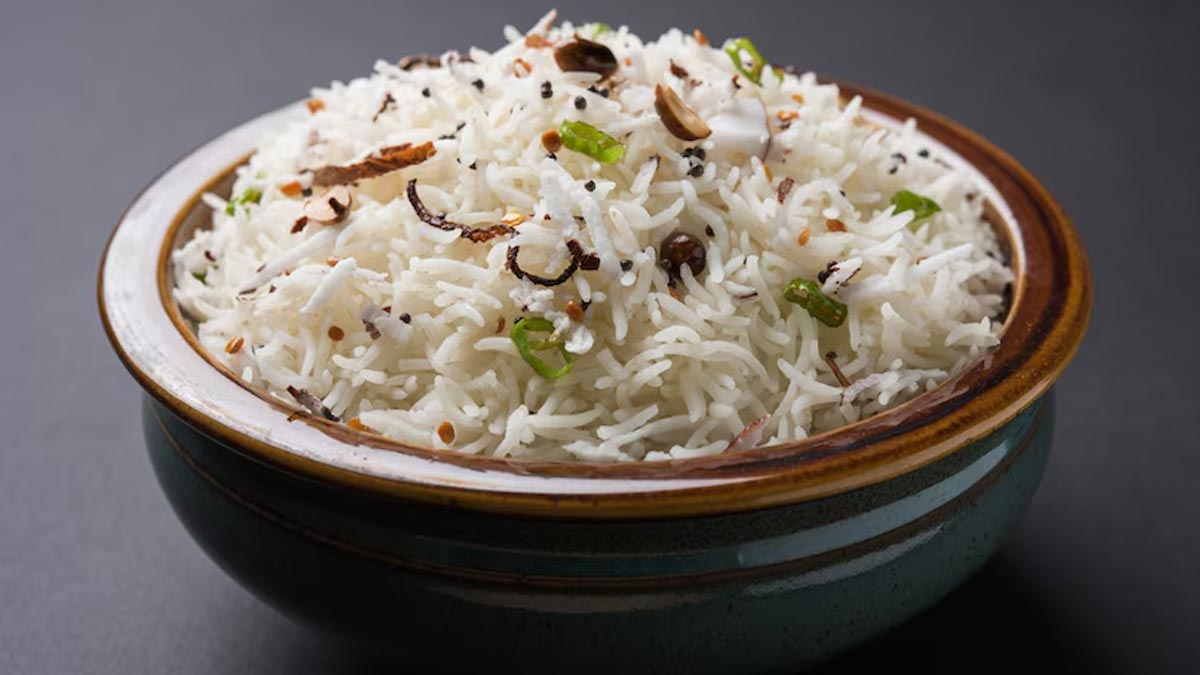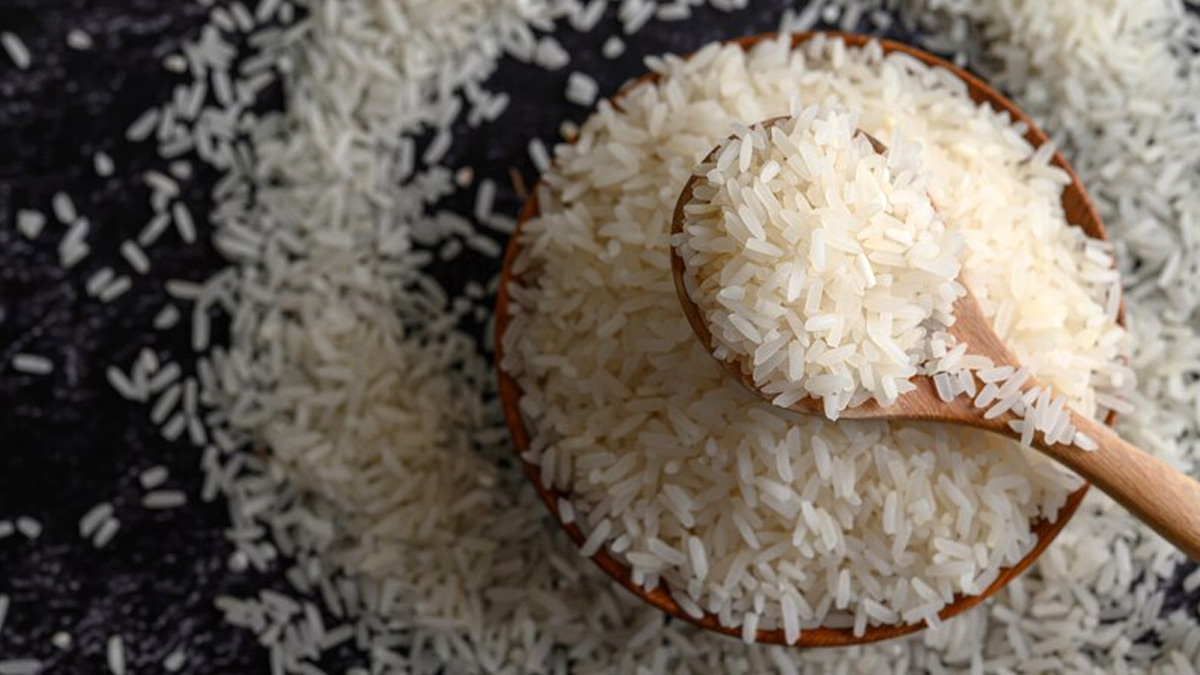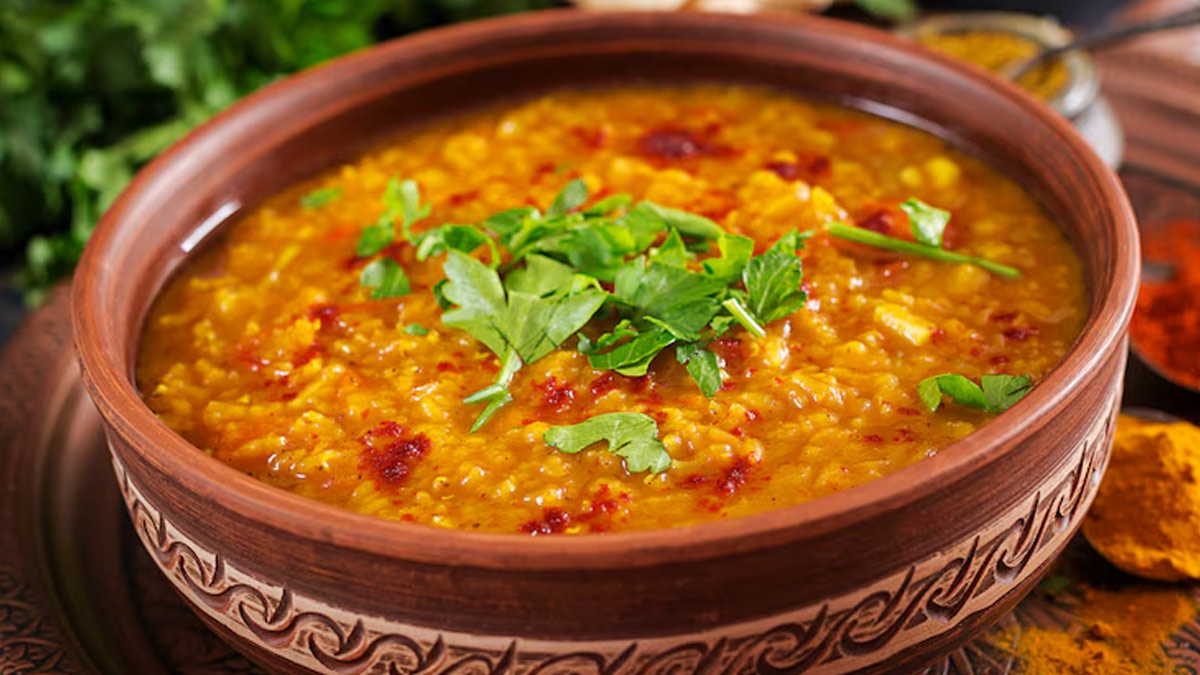
Rice, a staple food for millions across the globe, is often at the centre of dietary debates, especially concerning its impact on health. Despite being a staple in many diets worldwide, rice is often seen as less healthy compared to other foods like rotis. Recently, some studies alarmed, suggesting that daily consumption of rice may be linked to an increased risk of Type 2 Diabetes Mellitus (T2DM).
Table of Content:-
But can rice consumption actually harm you as the majority of the Indian population consumes a rice meal almost every day? This article looks at the myths and facts about eating rice and gives helpful tips on how to enjoy it without harming your health.
According to a research done by Harvard School of Public Health, White rice has a high glycemic index, meaning that it can cause spikes in blood sugar. It says that Eating white rice on a regular basis may increase the risk for type 2 diabetes.
However, renowned dietician Saima Shaikh offers a different perspective, urging people not to completely eliminate rice from their diet but to consume it wisely. OnlyMyHealth team spoke to Saima Shaikh, Clinical Dietitian & Ketogenic Diet Expert, Founder, Healthy U Turn, Senior Dietitian at Health Nut, Mumbai.
"Daily consumption of rice will not increase your risk of getting T2DM," Shaikh said, challenging the common perception. She explains that many people consider rotis (Indian flatbreads) as a healthier option and assume they do not affect blood glucose levels as much as rice does. However, this assumption may not be entirely accurate.

The Caloric Comparison: Rice vs Roti
To understand this better, let's compare the nutritional values of rice and wheat flour, which is used to make rotis. According to Shaikh:
100g of Wheat Flour: 96 kcal
100g of Rice: 107 kcal
The difference in calories between rice and wheat flour is minimal. So, why do we often consider rotis to be a healthier choice? The answer lies in the fibre content.
Also read: White Rice Or Roti: What To Have With Your Lentils?
Tips for Eating Rice the Right Way

Portion Control
It's essential to monitor the quantity of rice you consume. Avoid overeating and strive to maintain a balanced diet. “Portion control can prevent excessive calorie intake and help manage blood sugar levels,” Shaikh advised.
Include Vegetables
Vegetables are rich in fibre, which can counterbalance the lower fibre content in rice. Cook your rice with vegetables or serve it alongside a generous portion of veggies. This not only adds fibre but also boosts the nutritional value of your meal.
Add Protein Sources
Pairing rice with protein can further help stabilise blood sugar levels. Good protein sources include dal, paneer, curd, or lean meats. Protein helps to slow down the digestion process, preventing rapid blood sugar spikes.
Additionally, Dietician Shaikh recommends opting for dishes like khichdi and pulao over plain rice. These dishes typically include vegetables and legumes, which increase both the protein and fibre content of the meal.
Also read: Know Your Plate: Here's How Nutritious Is Your Bowl Of Khichdi

Khichdi, a popular comfort food made from rice and lentils, provides a balanced mix of carbohydrates, proteins, and fibre. Similarly, pulao often includes a variety of vegetables and sometimes meat, making it a nutrient-rich option.
The debate around rice and its potential link to Type 2 Diabetes has been fueled by various myths and misconceptions. It's important to address these to provide a clearer picture of how rice can fit into a balanced diet.
Conclusion
The relationship between diet and health is complex, and it's essential to approach it with a nuanced understanding. Rice, like any other food, can be part of a healthy diet when consumed mindfully and in moderation. Listening to expert advice, such as that from dietician Saima Shaikh, can help dispel myths and encourage healthier eating habits.
"So next time, don’t ditch your bowl of rice, just eat it in the correct way," advises Shaikh. By following these guidelines and maintaining a balanced diet, you can enjoy your favourite foods without compromising your health.
Also watch this video
How we keep this article up to date:
We work with experts and keep a close eye on the latest in health and wellness. Whenever there is a new research or helpful information, we update our articles with accurate and useful advice.
Current Version